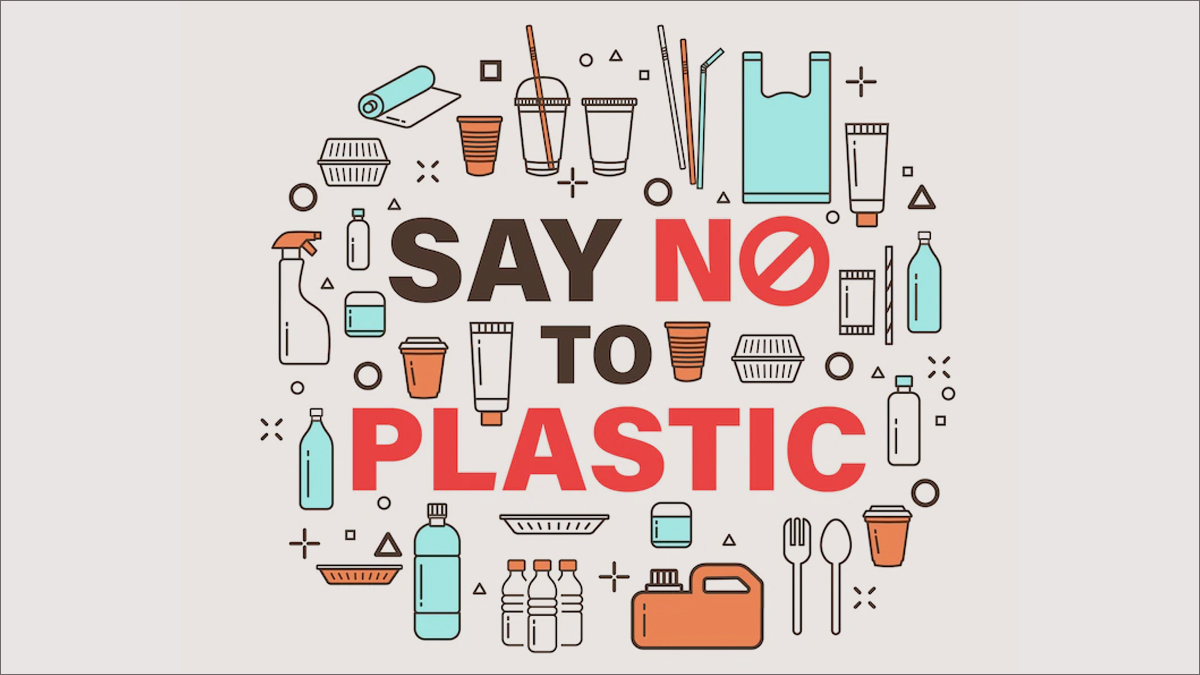Editorial
The severity of Pakistan’s air pollution crisis is alarming and requires immediate and assertive action from the government. The 2023 World Air Quality Report starkly reveals that Pakistan is set to conclude the year as the second most polluted country globally, with Lahore topping the list as the most polluted megacity. The pollution levels in Lahore are a staggering 20 times higher than the safety standards set by the World Health Organization.
The government’s inaction and incompetence have significantly worsened the air pollution crisis, posing severe risks to public health and the environment. The authorities must take immediate and assertive steps to combat air pollution. This includes enforcing stringent regulations on polluting industries and vehicles, investing in renewable energy sources, and raising public awareness about the perils of air pollution.
The government has a fundamental duty to prioritize the well-being of its citizens and acknowledge its failure to address this crisis. The adverse health effects and reduced life expectancy among ordinary citizens, coupled with the heightened risk of diseases and cognitive development issues in children, are intolerable outcomes of the government’s inaction.
The government must act with urgency to address this ongoing crisis or face the consequences of further harm to public health and the environment. It’s time for the government to demonstrate assertive leadership and take decisive action to combat air pollution in Pakistan. Accordingly, social and public organizations must work together to create awareness and implement the laws. The provincial departments should come forward and implement the policies. Stringent implementation is required. Therefore, the capacity of governmental and private organizations needs improvement. Lastly, the critical issue is directly related to good governance and the state’s and society’s functional capacity.
Finally, Pakistan can tackle air pollution on multiple fronts to ensure better air quality for its residents. This includes stricter emission regulations for vehicles and brick kilns, promoting public transportation and electric cars, transitioning to cleaner fuels for energy production, planting trees in urban areas, and implementing stricter laws against crop burning. Public awareness campaigns encourage individual actions like using energy-efficient appliances and avoiding personal use of polluting materials. By addressing these sources and fostering a culture of clean air responsibility, Pakistan can create a healthier environment for its citizens.
Please, subscribe to the YouTube channel of republicpolicy.com

















